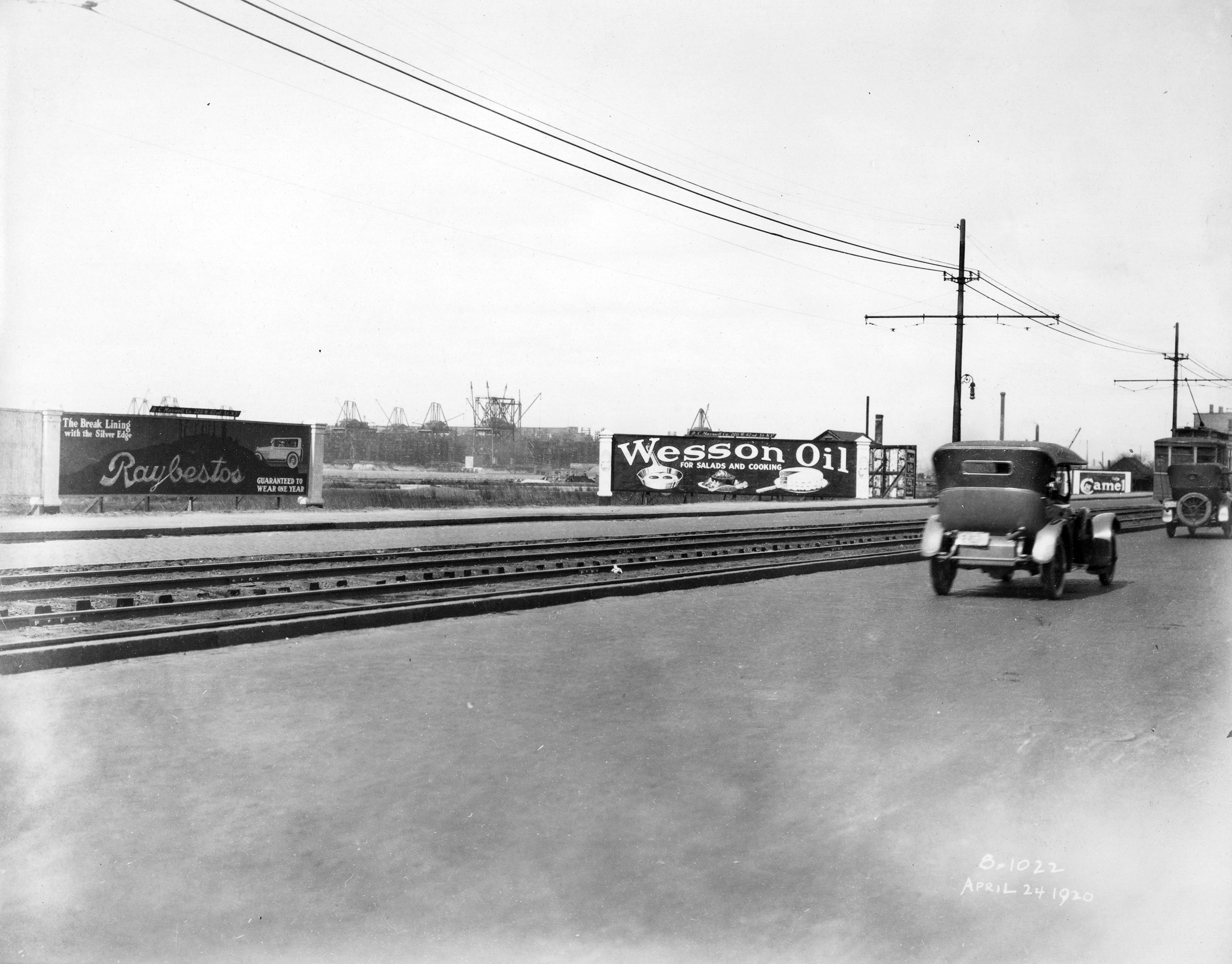

People “exchange wide-eyed glances” when they’re surprised by a sudden “bang” a character defined by Pretty Young Womanhood talks for pages about strawberry jam. Towles’s writing, meanwhile, is perfunctory: description for Tiny Tots.

It bobs along as if aspiring to be a blockbuster road-movie script, but it’s unforgivably light on tension and impetus. The Lincoln Highway is carelessly made, in structure and surface alike.

The Watsons must chase them east, as far as Manhattan’s dive-bars and homeless camps. Unfortunately, just as they take to the eponymous road, their car is stolen by two of Emmett’s ex-bunkmates, the tranquil trust-funder Woody and the jaunty thug Duchess. He plans to pick up Billy (his eight-year-old brother), and leave Nebraska for California in search of clichés new. Emmett is less a well-drawn person than “essence of young American man”: his actual vices extend to sometimes wanting a cigarette. It’s 1954, and the teenage orphan Emmett Watson is heading home from the juvenile clink, where for 15 months he’s been wrongly held. Towles’s third book is a less glittering, more pulpy affair. The novels shared workaday prose and breezy pace, and if their pleasures were “second-hand”, as this newspaper put it, they were Fitzgerald’s and Capote’s hand-me-downs. Then came A Gentleman in Moscow (2016), a tale of aristocratic confinement that returned last year as a lockdown hit. His debut, Rules of Civility (2011), duly sold millions: few can say no to 1930s New York, gin martinis and high-society girls. Amor Towles was a New York banker, but he gave it up to be a novelist.


 0 kommentar(er)
0 kommentar(er)
